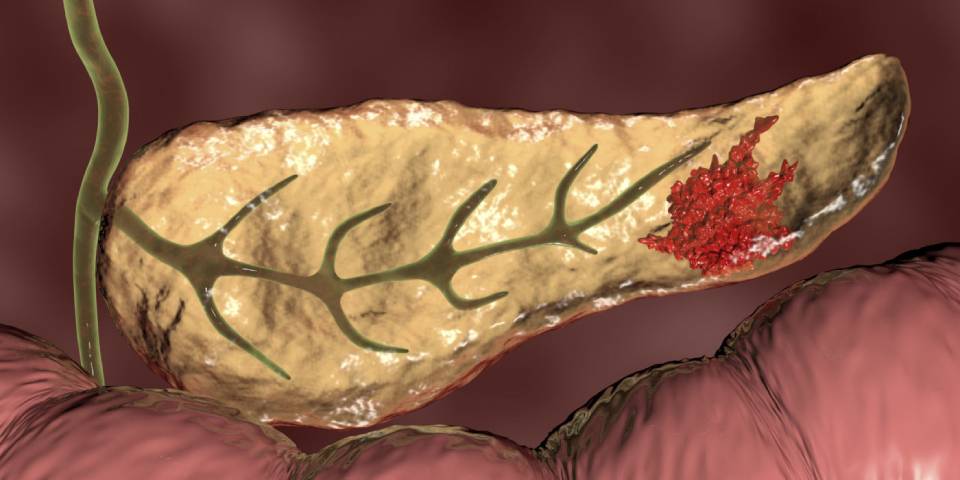Pancreatic cancer refers to the abnormal growth of malignant cells in the tissues of the pancreas, gradually replacing all healthy tissues. The pancreas is a glandular organ in the upper abdomen that is responsible for the production of various enzymes and digestive juices. Pancreatic cancer is a progressive disease characterized by severe abdominal pain and intestinal obstruction. This is due to an unhealthy DNA mutation in the pancreas. The most common type of pancreatic cancer is pancreatic ductal adenocarcinoma, also known as exocrine pancreatic cancer, which begins with the cells that line the pancreatic duct. Dr. Manoj Dongare provides the best Pancreatic Cancer Treatment in Pune. He is the best cancer specialist in Pune.
Major risk factors
Pancreatic cancer is primarily the result of unhealthy genetic mutations, but there are certain factors that can increase the vulnerability to pancreatic cancer.
- Excessive smoking, substance abuse, and consumption of alcohol
- Diabetes
- Pancreatitis
- Family history of pancreatic cancer
- Obesity
- Age (approximately 90 percent of the patients are older than 55 years)
- Gender
Symptoms of pancreatic cancer
Some of the common symptoms associated with pancreatic cancer listed by top HPB doctors:
- Persistent abdominal and back pain
- Loss of appetite
- Unexplained weight loss
- Abdominal bloating
- Nausea and vomiting
- Pale skin
- Yellowing of eyes
- Itchiness
- Increased blood sugar levels
- Excessive clotting
- Fatigue and general body weakness
Diagnosis
Symptoms of pancreatic cancer are generally overlooked in the early stages and become apparent only as the disease progresses. If a patient persistently experiences any of the above symptoms, he/she may see a doctor who can perform certain tests and tests to evaluate and evaluate the symptoms and determine the cause.
- Physical Examination
- Computed Tomography (CT Scan)
- Magnetic Resonance Imaging (MRI)
- Ultrasound
- Positron Emission Tomography (PET Scan)

